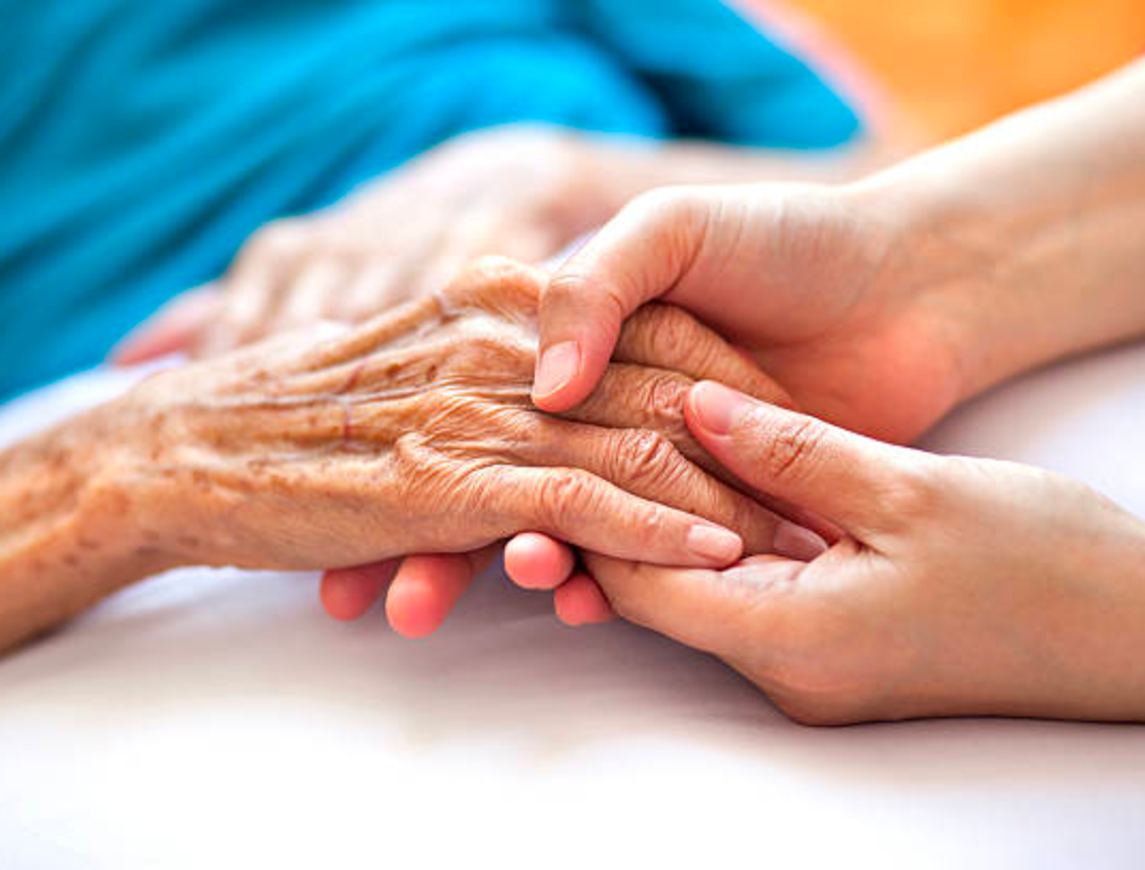Pallatus Hospice Care
Pallatus ensures a full encompassing support system to care for patients with life-limiting illness.
Hospice Care Myths and Facts
Is hospice really a place sick people go and never come back? Once someone goes into hospice, does that mean the family never gets to see him or her again? Isn’t hospice some sort of religious practice?
The answers to these hospice myths are no, no and no. These are the facts:

How do we help?
Our expertly trained staff works around the clock with family caregivers and clinicians in assisting through this transitionary process. In addition to hospice care, Pallatus Health also provides palliative care to ease the pain for the patient and alleviate ongoing symptoms.

Serving
California Counties
Pallatus Health is available throughout California, including major cities such as Los Angeles, San Bernardino, Bakersfield, San Diego, San Jose, Fresno, Madera, San Francisco, and Sacramento.